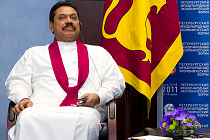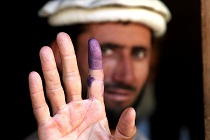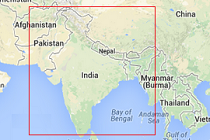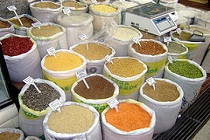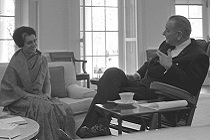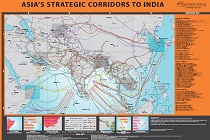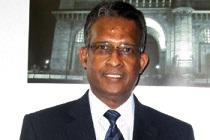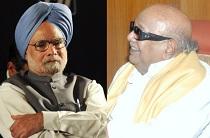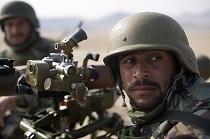Sri Lanka’s UNHRC challenge
India abstained from voting on the recent UNHRC resolution on Sri Lanka calling for an international probe into the alleged war crimes committed by the Sri Lankan government. Sri Lanka has the option of rejecting the resolution, but it will have to evolve a strategy keeping in mind India’s concerns

